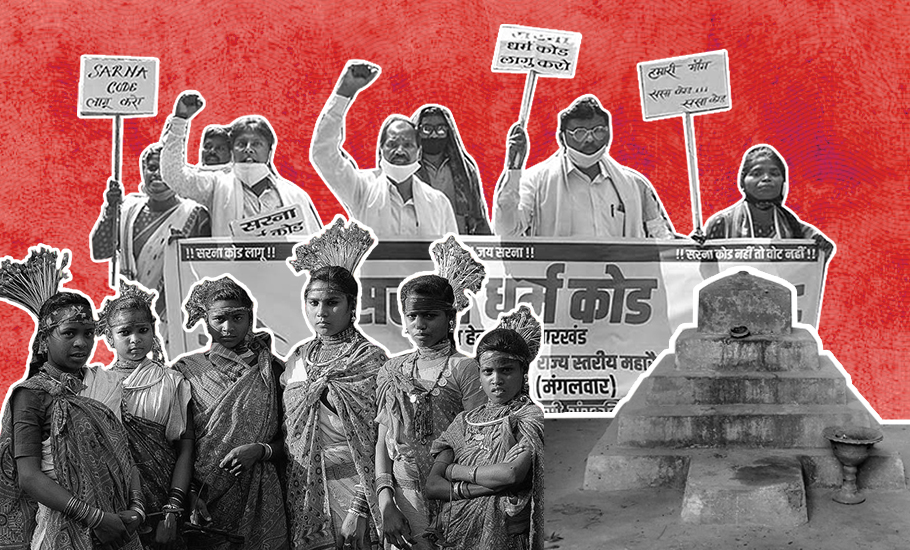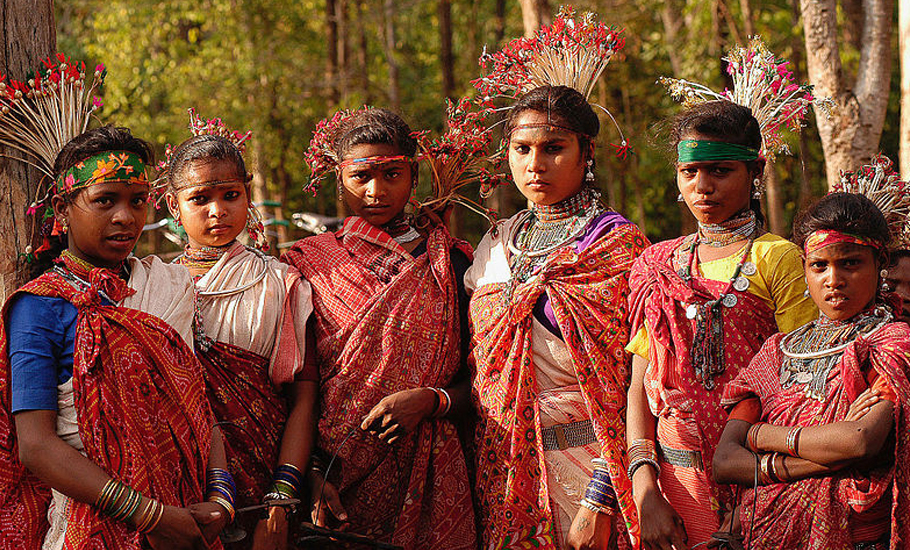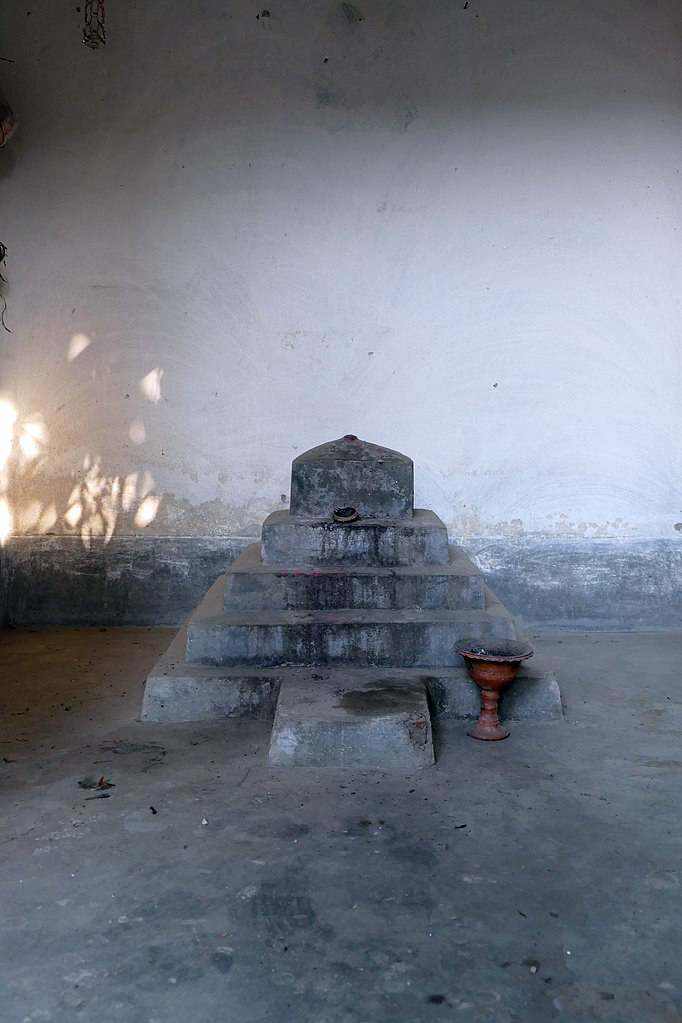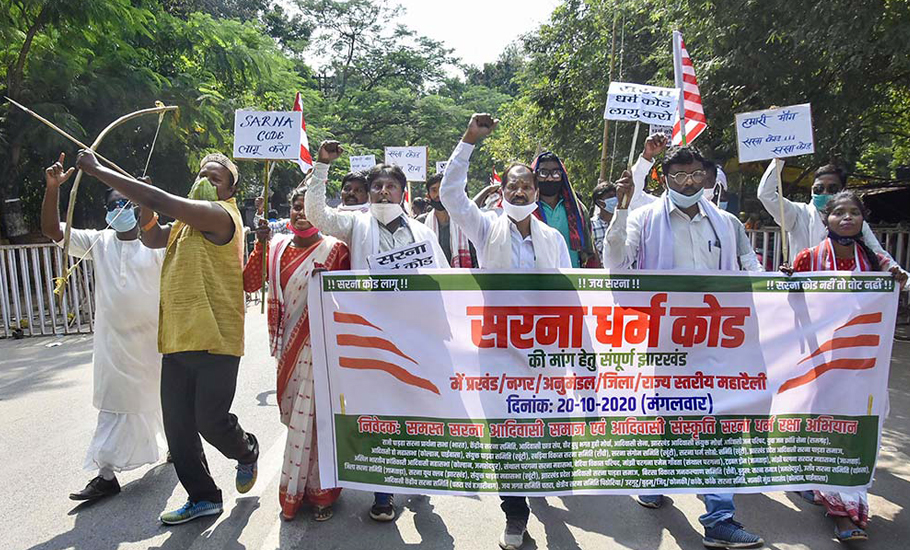
- Home
- India
- World
- Premium
- THE FEDERAL SPECIAL
- Analysis
- States
- Perspective
- Videos
- Sports
- Education
- Entertainment
- Elections
- Features
- Health
- Business
- Series
- In memoriam: Sheikh Mujibur Rahman
- Bishnoi's Men
- NEET TANGLE
- Economy Series
- Earth Day
- Kashmir’s Frozen Turbulence
- India@75
- The legend of Ramjanmabhoomi
- Liberalisation@30
- How to tame a dragon
- Celebrating biodiversity
- Farm Matters
- 50 days of solitude
- Bringing Migrants Home
- Budget 2020
- Jharkhand Votes
- The Federal Investigates
- The Federal Impact
- Vanishing Sand
- Gandhi @ 150
- Andhra Today
- Field report
- Operation Gulmarg
- Pandemic @1 Mn in India
- The Federal Year-End
- The Zero Year
- Science
- Brand studio
- Newsletter
- Elections 2024
- Events
- Home
- IndiaIndia
- World
- Analysis
- StatesStates
- PerspectivePerspective
- VideosVideos
- Sports
- Education
- Entertainment
- ElectionsElections
- Features
- Health
- BusinessBusiness
- Premium
- Loading...
Premium - Events

Our God, our faith: Why tribal communities want a separate religious code
There are special provisions in the constitution for protection of tribal communities and preservation of their distinct culture and practices. However, there are many violations too.

“I have always struggled with my identity. In my formative years, I used to feel uncomfortable when people routinely counted me among the Hindus. I wanted to scream that ours is a distinct identity,” says Bikku Rathod who hails from a tribal community in Telangana’s Nirmal district. For Rathod, now a tribal rights activist in his 30s, life has been tough; a troubled childhood and a...
“I have always struggled with my identity. In my formative years, I used to feel uncomfortable when people routinely counted me among the Hindus. I wanted to scream that ours is a distinct identity,” says Bikku Rathod who hails from a tribal community in Telangana’s Nirmal district.
For Rathod, now a tribal rights activist in his 30s, life has been tough; a troubled childhood and a daunting adulthood which always meant fighting against odds.
“I am now able to articulate my worldview better and feel comfortable telling people that tribals represent a distinct culture and deserve equal respect,” says Rathod who is now associated with an NGO engaged in helping tribal communities find market linkage for their products.
Rathod’s is no longer an isolated voice seeking respect and recognition for his roots. The Adivasi communities, scattered across India, have joined the chorus of demand for a separate religious identity. They want a separate column to be introduced for tribal religion in the upcoming 2021 census.
Nature, our God
Though the disparate tribal groups follow different cultural practices and traditions and speak different languages, they are united in their demand — a specific religious identity at the national level so that they don’t have to be bracketed under another religion.
At present, the Census form has only six options under the religion column — Hindu, Muslim, Christian, Buddhist, Jain, and Sikh. Until 2011, there was a seventh option—“Others”—in most of the forms and most of them used to opt for it. Even that has been done away with now.
According to the 2001 Census, as many as 45.1 per cent of the tribal population follow other religions and persuasion. The 2011 census counted 104 million Adivasis, accounting for nearly 8.6 percent of the total population. They are scattered across the country and represent heterogeneous practices and traditions.

“The Sun is our father, Sarna is our mother. We worship the environment — the forests, land and the Sun. Our lives are in the lap of Mother Nature,” says Sharan Oraon, a noted tribal writer and activist from Jharkhand.
Historically, tribes in Jharkhand follow ‘Sarna Dharm’ and worship nature, particularly trees. However, with the advent of Christianity in the 19th century, many of tribals embraced the new religion. As per 2001 population, Christians account for about 4.1 per cent of the total population in Jharkhand, a majority of them are tribals.
According to a tribal researcher and activist P Trinadha Rao, the tribal communities in the country were officially categorised as ‘aboriginals’ from 1871 to 1892 and as ‘Animists’ between 1901 and 1942. However, after independence, Hindu religious identity was attributed to the scheduled tribes and no option was given to them.
“A vast majority of them are registered in the census as Hindus. Nearly 8 million Adivasis are registered under “Other” category. Now, the problem is two-fold. They object to being tagged as “Other” religion and also to being bracketed under Hindu religion because it amounts to undermining the distinct tribal belief systems,” said a research scholar from Osmania University S Ramakrishna.
Losing identity
Now, the tribal communities fear that a systematic attempt is being made to equate their ‘Sarna’ religion with the ‘Sanatan Dharma’, a term used in Hinduism to denote the “eternal” or absolute set of duties or religiously ordained practices incumbent upon all Hindus.
“Hindus are taking away our demand for a separate religion — Sarna — and turning it into Sanatan Dharma. This is unfair,” says Rathod.
On the other hand, the RSS and other Hindu organisations argue that tribal communities are essentially Hindus, despite some unique cultural practices, and their demand for a separate religious code is against the spirit of the constitution. In fact, they blame the Christian evangelical organisations for carrying out a ‘systematic and targeted conversions’ in tribal dominated regions, particularly in the North East states.
The Vanvasi Kalyan Ashram, an affiliate of the RSS that works on tribal issues, has launched an awareness programme in major tribal belts, holding meetings with the community and emphasising how they are an integral part of the Hindu religion. Such awareness programmes are being held in states like Jharkhand, Chhattisgarh, West Bengal, Rajasthan, Odisha, Maharashtra, Gujarat, Telangana and Andhra Pradesh.

The advent of aggressive Hindutva politics has further fuelled fears among the Adivasi communities.
“Our distinct identity is being lost and our constitutional safeguards are being undermined. The Centre should include the option of tribal religion in the Census forms,” said Ramarao Dora, a member of the National Adivasi-Indigenous Religion Coordination Committee (NAIRCC), a coalition of Adivasi rights groups.
In April last year, tribal representatives from 19 states gathered at Jantar Mantar in Delhi and held a silent protest for an entire day, demanding a separate religion code. The tribal activists say that with no option for them to tick under the religion section on various forms has led them to be counted under different religions and this has caused great harm to their communities.
“We are not idol worshipers. We are nature worshippers. Our social and cultural systems are based on nature,” says Arvind Oraon, a member of the NAIRCC.
“The Adivasis are among the most misunderstood and exploited lot. The issue of identity of their religion incites much passion among the aboriginal tribes of Central India,” says Harpal Singh, a senior journalist who has reported extensively on tribal issues.
Jharkhand shows the way
The growing demand for separate religious identity comes close on the heels of the Jharkhand Assembly passing a government-backed resolution early this month, allowing tribals in the state to identify themselves with a distinct religion. If the Centre approves the new Sarna code, the Census 2021 will have to make space for a new religion.
Jharkhand Chief Minister Hemant Soren, while addressing the special session of the assembly, had said the ‘Sarna Dharam’ of tribals worshipped nature, forests, mountains, and could teach a lot to a world facing problems such as pollution and environmental degradation.
“In the last eight decades, the population of tribals in the state has come down from 38 percent to 26 per cent. This was because the tribals were not added to the census during surveys as they would migrate to other states for non-agricultural employment in February, when the surveys are generally carried out,” Soren said.
A decline in the population of tribals has an impact on the constitutional provisions and policies framed to benefit the tribal communities. The basis for identifying a particular area as Schedule V under the Constitution is dependent on the tribal population. In 2019, there were demands of denotifying Schedule V areas where the tribal population has come down. The recognition of Adivasi Sarna code is expected to address this problem.

Closer to Hinduism
However, not all tribal sects consider themselves as followers of a separate religion but feel closer to Hinduism.
“We are Suryavanshi Hindus. There may be some difference in the rituals and culture, but the Adivasi religion is derived from Hinduism,” says Mesram Dada Rao, a leader hailing from Gond tribe from Telangana’s Adilabad district.
Adilabad is an important centre of Adivasi culture with ‘Raj Gonds’ being the dominant tribe. The aboriginal people in Adilabad are unique in that they worship Lord Hanuman. They perform the Gondi Ramayan and Mahabharat.
In his book ‘Tribes of India, The Struggle for Survival’, the Austrian anthropologist Christopher von Furer-Haimendorf noted that the Gonds and other aboriginal tribes, whose original practices were essentially non-Hindu in nature, had subsequently undergone spiritual transformation.
“There is a clear attempt to seek connections between the Gond mythology and Hindu scriptures and to interpret the mythology in the light of Hindu ideology,” the anthropologist says.
Exploitation rampant
There are special provisions in the constitution for protection of tribal communities and preservation of their distinct culture and practices.
For instance, there is a specific law in AP for protection of tribal rights in the scheduled areas. It is called Land Transfer Regulation Act 1 of 1970, popularly known as 1/70 Act. The Act checks the transfer of tribal lands to non-tribals.
However, there have been gross violations of the Act with regard to allotting mining leases in the scheduled areas to non-tribals and allowing non-tribal persons to own ‘benami’ properties.
“Many non-tribal persons own and run mines and hotels and lodges by having a benami tribal as the owner. They reap profits without giving back anything for the development of the tribal areas,” alleged K Surendra, a tribal activist from Visakhapatnam district.
